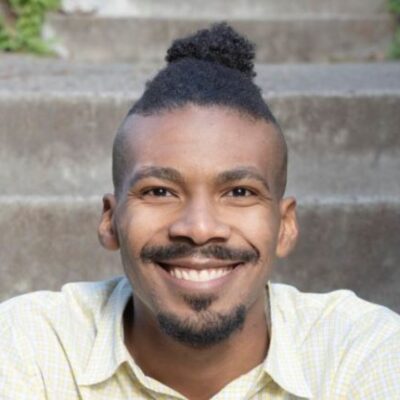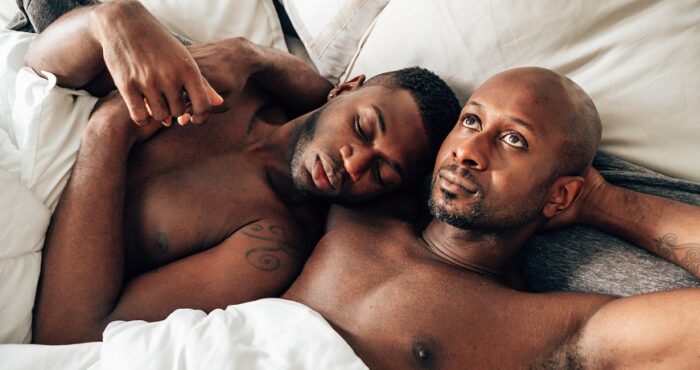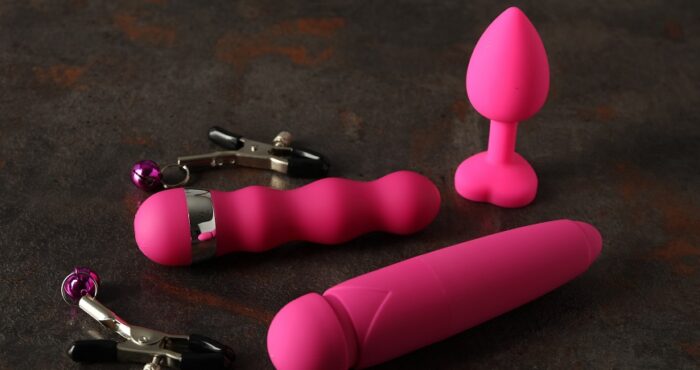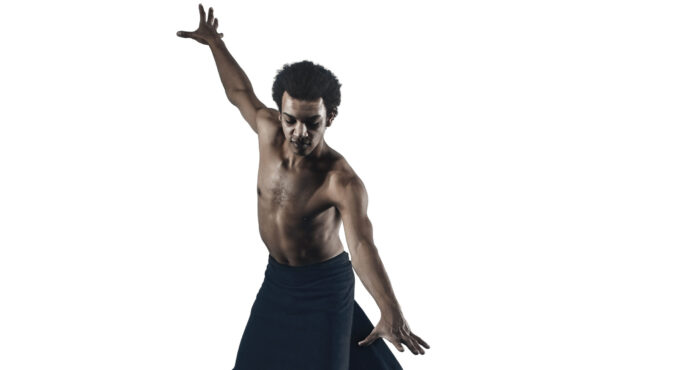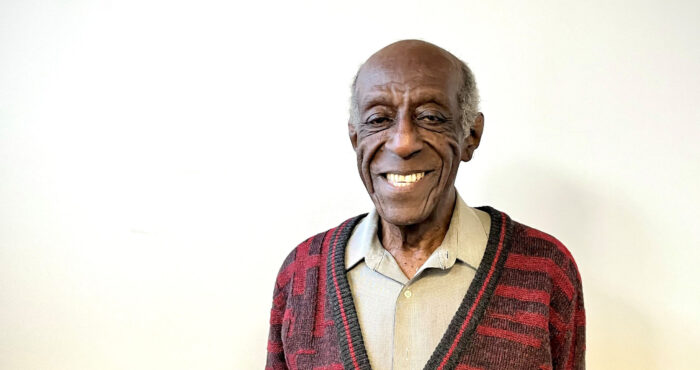Stepping into the brilliance of being a bottom

Every time I see it, my jaw clenches: another “versatile” guy on Grindr who, after a few messages, sheepishly admits he’s actually a bottom. My anger isn’t directed at him – it’s at our community that made him feel he needed to lie in the first place.
Many of us know that friend who broadcasts their “top radar” at bars, confidently clocking guys based on how they hold their drinks or style their hair. As if the way someone crosses their legs or paints their fingernails could possibly indicate their sexual preferences. “Black nail paint is subdued, but pink screams big ‘ol bottom,” I’ve heard them say. It would be laughable if it wasn’t so damaging.
I get it. I’ve been there. I wasn’t always this confident about being a bottom. In fact, during my first sexual encounters, I was paralyzed by fear – not just by the vulnerability of the act itself, but of the label. I remember lying in bed with guys, both of us dancing around what we actually wanted, because I was terrified of saying the words “I want to bottom.”
The desire was there, burning under my skin, but the shame was louder. So instead of exploring what my body craved, I stuck to frot, playing it safe in this weird middle ground where at least no one could call me a bottom. Looking back, I wasted so much time–three years to be exact–denying myself pleasure because I was afraid of being seen as feminine, as weak, as less than.
It’s almost funny now–I was already gay, already “different” in society’s eyes, yet I was still desperately clinging to this toxic notion of masculinity. I was bottoming myself into a corner, so to speak, refusing to let myself experience the very thing I wanted most.
Apart from just my anecdotal experience, research shows that toxic masculinity is so deeply embedded in our community that of course many men would rather lie about their sexual position than face the judgment that comes with being labeled a bottom. We’re internalizing this bizarre hierarchy where being penetrated equals being lesser than.
I’ve never understood the logic. How is the person brave enough to be vulnerable, to trust another human being with their body in the most intimate way possible, somehow the “weaker” one? It’s like saying the person who trusts you enough to hand you their heart is less courageous than the one receiving it.
Studies have also tried to understand how gay men still face significant stigma because of their preferred sexual roles. Here’s what I want to know: in a community that’s fought so hard against society’s judgment, how did we end up policing each other’s bedrooms? But that’s exactly what we do in our own community when we actively put on our “top radars” or when we jokingly say “Stop being such a bottom,” when we think someone is being over-the-top, or when people on dating apps say “Masc4Masc,” which essentially means “no bottoms.”
The term “power bottoms,” when used to differentiate an alternative brand of bottoms, does little to resolve the challenges. The term itself suggests a kind of sexual chess match where power dynamics flow both ways, defying the simplistic top-bottom binary. But like most labels in queer spaces, it’s messier and more nuanced than a single term can capture. Every encounter presents the opportunity to engage a unique choreography of power exchange, making these rigid categories feel almost quaint in their attempts at classification. (I’ll save my full thoughts on this particular dance for another day, but it’s worth noting how even our attempts to subvert traditional power dynamics often end up creating new boxes of their own.)
The whole point of being queer is that we get to take that archaic rulebook that straight people wrote, douse it in gasoline, and set it aflame. We fought too hard for our liberation to keep playing by their rules about what makes someone strong or weak, masculine or feminine. That heterosexual playbook? It was never written for us in the first place. So why are we letting it dictate how we value each other in bed?
So here’s my challenge to our community: The next time you catch yourself making assumptions about someone’s sexual preferences based on their mannerisms, or feel the need to lie about your own preferences, ask yourself why. What are you really afraid of? Because in a world that once tried to shame us all for who we love, shouldn’t we be past shaming each other for how we love? And especially, don’t we want more for ourselves than to shame ourselves as well?
The truth is, great sex – really great sex – requires both partners to be fully present, comfortable, and proud of who they are and what they enjoy. Every time someone lies about being versatile on Grindr, every time someone makes a bottom joke at a bar, we move further away from that ideal. The irony isn’t lost on me that many of the same guys who bottom-shame have never bottomed themselves.
To the “versatile” guys on Grindr who are actually bottoms: I see you. I once was you. You have nothing to be ashamed of. Your sexual preference doesn’t make you any less of a man, any less worthy, or any less powerful because you want a dick inside of you. The only thing that diminishes our power is pretending to be something we’re not.
And to everyone else: It’s 2025. We’ve fought too hard for our rights to keep fighting each other over who does what in bed. Let’s leave that kind of toxic masculinity to the straight guys who still think that 3-in-1 body wash is a real thing and using a loofah is “gay.”
Because at the end of the day, whether you’re a top, bottom, or genuinely versatile, the only position that should matter is standing proud in your truth.






